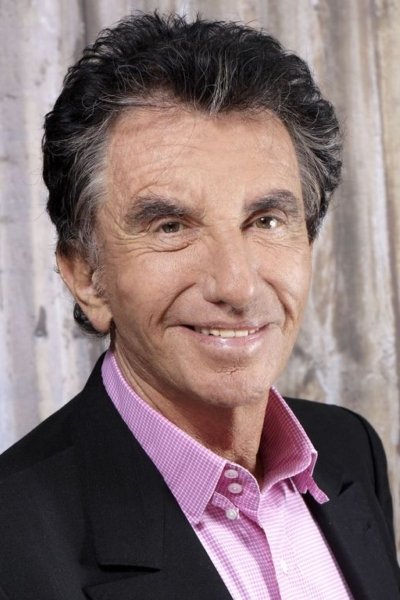
Jack Lang
Birthday: Born in 1939-09-02 in Mirecourt, Vosges, France
Deathday: Alive
Jack Mathieu Émile Lang (born 2 September 1939) is a French politician. A member of the Socialist Party, he served as Minister of Culture from 1981 to 1986 and again from 1988 to 1993, as well as Minister of National Education from 1992 to 1993 and 2000 to 2002. He was also Mayor of Blois from 1989 until his resignation in 2000. Lang is best known for originating the Fête de la Musique in 1982 as Culture Minister, an all day public music festival which occurs yearly on 21 June in France and throughout the world. Since 2013 he has been president of the Arab World Institute in Paris. Jack Lang was born to Roger Lang and Marie-Luce Bouchet in Mirecourt, in the département of Vosges. His father's family were a secular, assimilated, well-to-do Jewish family based in Nancy. Roger Lang was the commercial manager of the family business which was founded by Jack's grandfather Albert. Roger and Albert were both freemasons. Jack's mother, Marie-Luce Bouchet, a Catholic, was born in 1919 as the daughter of Emile Bouchet, who died in 1926, and Berthe Boulanger, a nurse who was also a freemason. In 1938, Albert and Roger sent their wives to Vichy because of the threat of war with Germany. After the German invasion, Albert Lang and his wife moved to Brive-la-Gaillarde in Corrèze. The very young Jack and his mother went to stay with his great grandmother (the mother of Berthe Boulanger) in Cholet and subsequently moved to Bordeaux. His father Roger was first mobilized in Luneville, and then joined his parents and his brother-in-law Luc Bouchet in Brive. Jack and his mother also joined them in Brive after the bombing of Bordeaux. Jack Lang's father was sentenced by the court in Brive for failure to report his children as Jews, but was later acquitted by the Court of Appeal on the ground that the children's mother was a Catholic. He had followed the advice of the rabbi of Brive, David Feuerwerker. Roger Lang was nevertheless placed under house arrest. Berthe Bouchet (Boulanger) visited the Langs in April 1942 when her daughter was about to give birth to her third child, Marianne. In 1943, Berthe was arrested in Nancy by the Gestapo for acts of propaganda and resistance. She was deported to Ravensbrück and died in the spring of 1945. Jack Lang studied political science at the Institut d'Études Politiques de Paris, and went on to receive a postgraduate degree in public law. His career then focused on a combination of teaching and culture and the arts. He was the founder and producer of Festival du Monde in Nancy, was director of the Nancy University Theatre from 1963 to 1972, and then director of the Théâtre national de Chaillot from 1972 to 1974. At the same time he was a professor of international law from 1971 to 1981 at Nancy University and then Paris Nanterre University. He married Monique Buczynski in 1961. The couple have two daughters. In 1997, he was President of Jury to the 47th Berlin International Film Festival. Lang entered politics as a Socialist member of the French National Assembly from Paris in 1977. He is best known for having served as Minister of Culture (22 May 1981 – 19 March 1986 and 13 May 1988 – 29 March 1993) and as Minister of Education (3 April 1992 – 29 March 1993 and 27 March 2000 – 5 May 2002). ... Source: Article "Jack Lang (French politician)" from Wikipedia in English, licensed under CC-BY-SA.
TV Credits
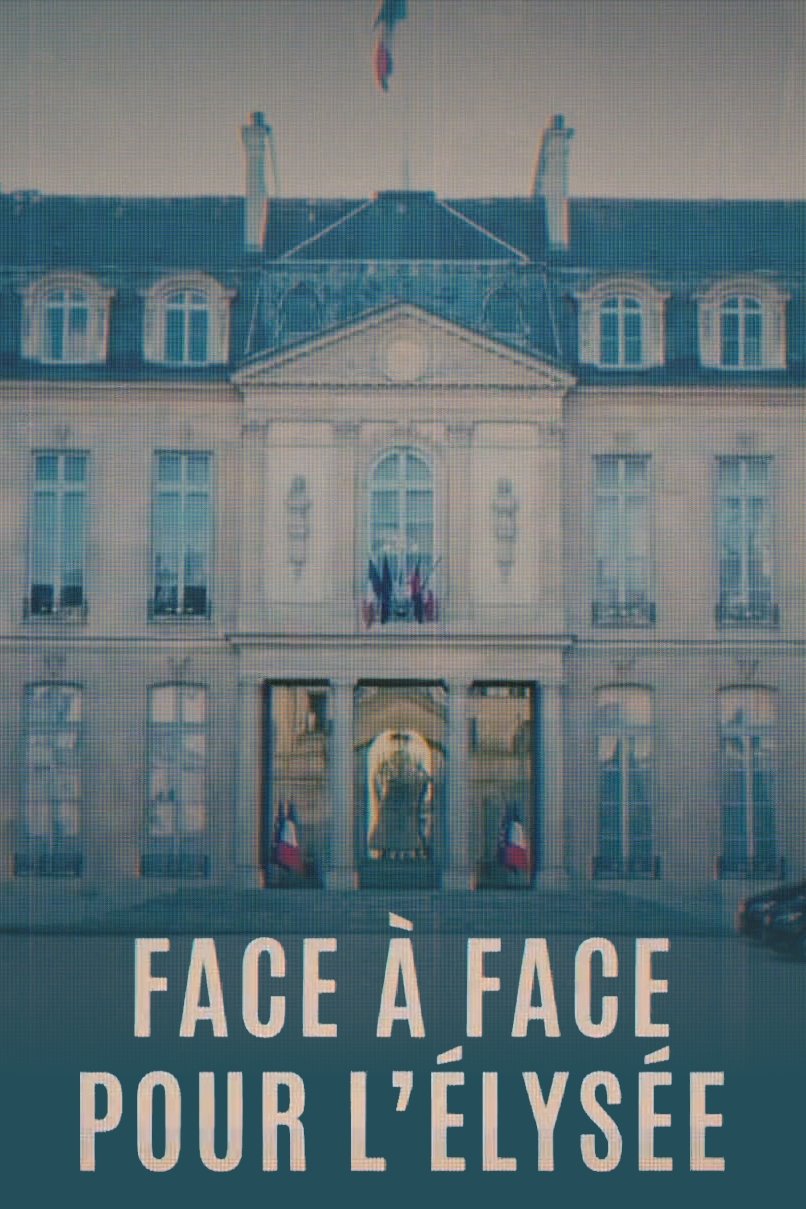
Face à face pour l'Élysée
Character: Self
...

Victoires de la musique
Character: Self
...

Télématin
Character: Self
Télématin is a French breakfast television news show, broadcast on France 2 since January 7, 1985. It is broadcast in Metropolitan France weekdays from 6:30 to 9:00 am CET. TV5 broadcast the show in Canada in its entirety until September 2011: it now shows a 90 minute version between 6:30 and 8:00 am Eastern Time, when the French original version is now 2h30 long. Télématin is hosted by William Leymergie. The show is daily seen by around 40% of the French morning audience, a very high percentag...

Télévision (histoires secrètes)
Character: Self
The behind-the-scenes story of French television… This documentary unveils the lesser-known history of two audiovisual decades that have shaped today's television. To explain from the break up of the French broadcasting service ORTF, in 1974, to the creation of Arte, via the birth of Canal+, the life and death of La Cinq and the privatization of TF1 — the succession of political, economic and cultural decisions that have shaped what is known as the “PAF” (French Audiovisual Landscape)....
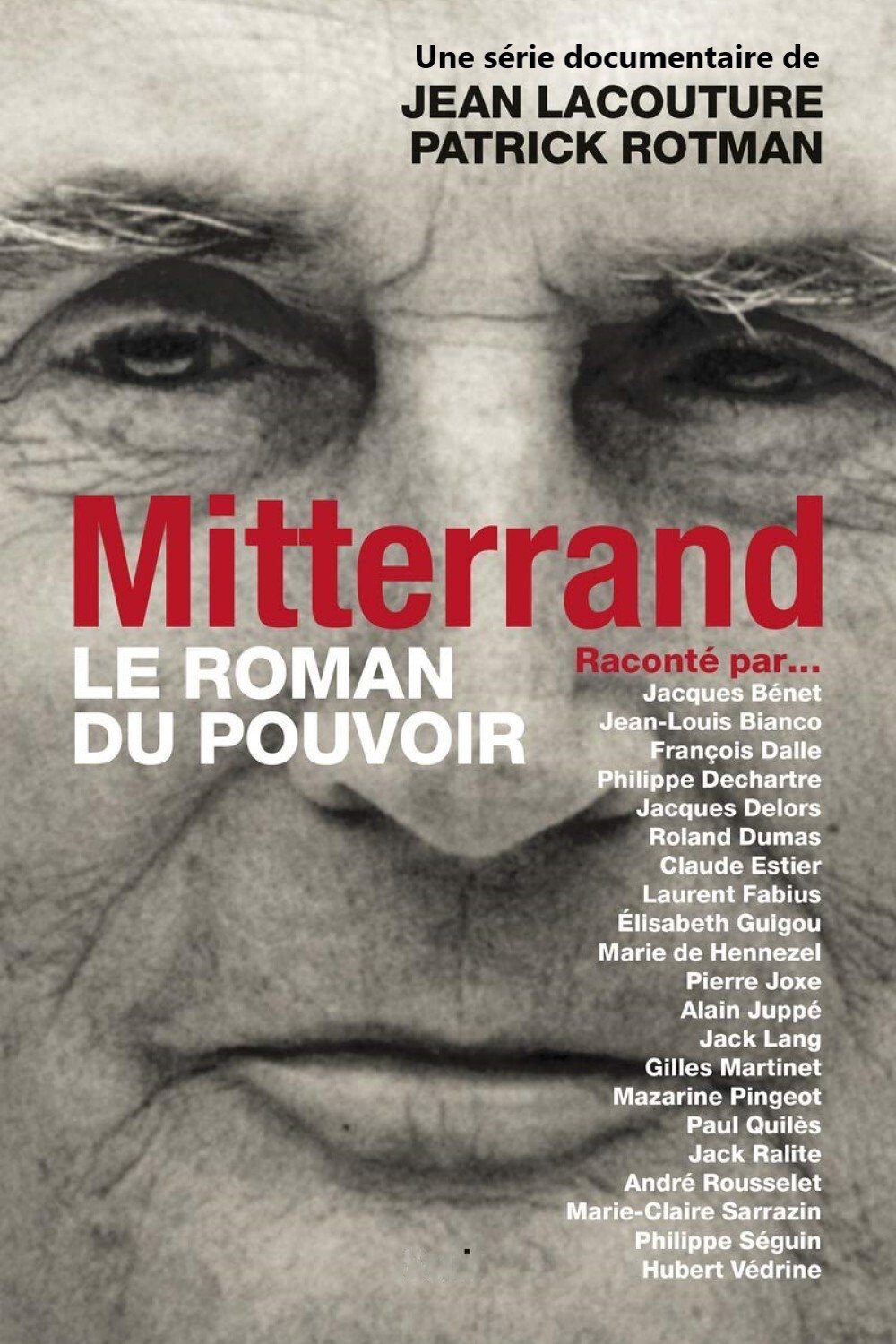
François Mitterrand : le roman du pouvoir
Character: Self
Jean Lacouture and Patrick Rotman interview the witnesses of François Mitterrand's life. Their testimonies, which both complement and contradict each other, write the story of a life: the youth, the Vichy regime and the Resistance during the Second World War, the Fifth Republic and the Algerian war, the conquest of the Elysée, the backstage of power and the secrets of a president....
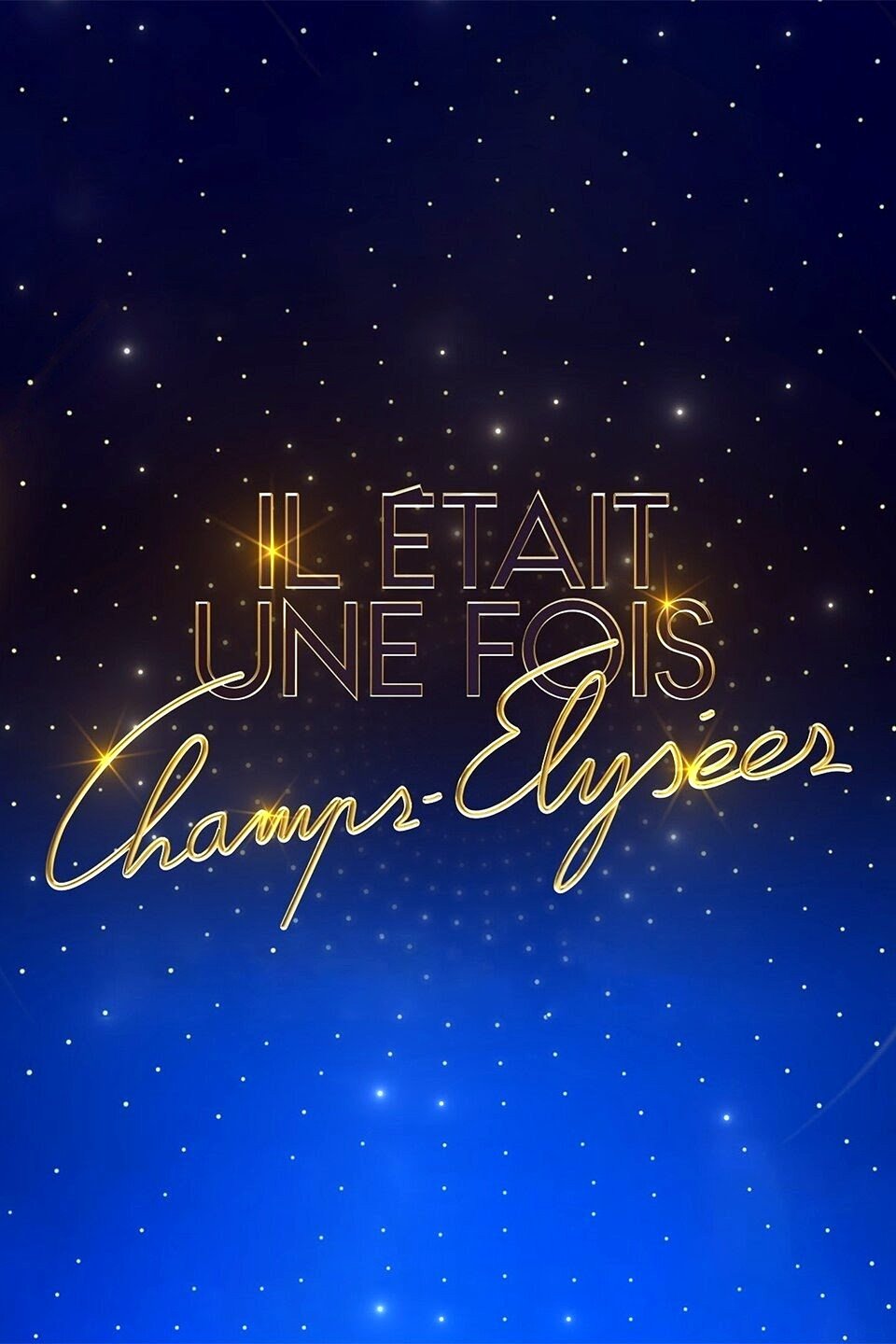
Il était une fois Champs-Élysées
Character: Self
...

Apostrophes
Character: Self
Apostrophes was a live, weekly, literary, prime-time, talk show on French television created and hosted by Bernard Pivot. It ran for fifteen years (724 episodes) from January 10, 1975, to June 22, 1990, and was one of the most watched shows on French television (around 6 million regular viewers). It was broadcast on Friday nights on the channel France 2 (which was called "Antenne 2" from 1975 to 1992). The hourlong show was devoted to books, authors and literature. The format varied between one-...
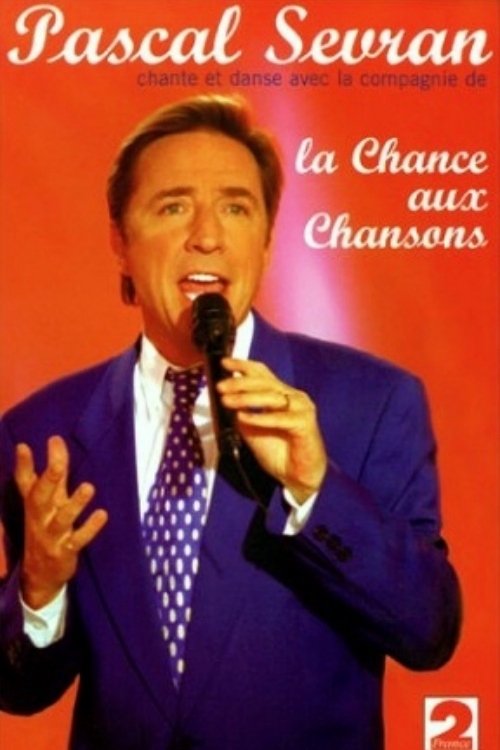
La Chance aux chansons
Character: Self
...
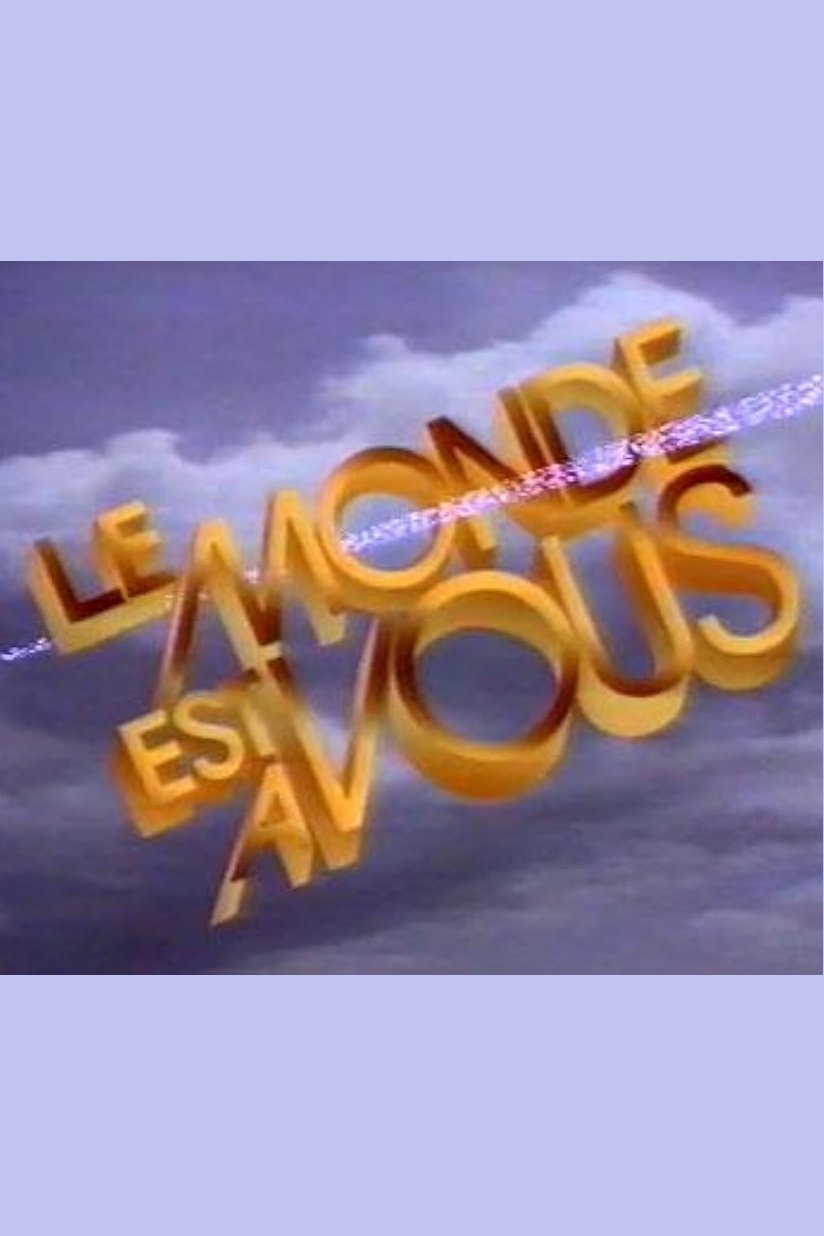
Le monde est à vous
Character: Self
...

Vivement dimanche
Character: Self
...
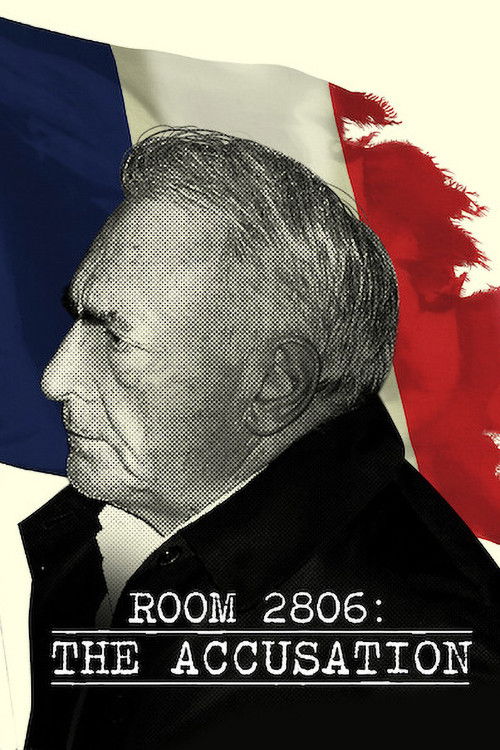
Chambre 2806 : l'affaire DSK
Character: Self
This docuseries follows the 2011 sexual assault case involving French politician Dominique Strauss-Kahn at the height of his career....
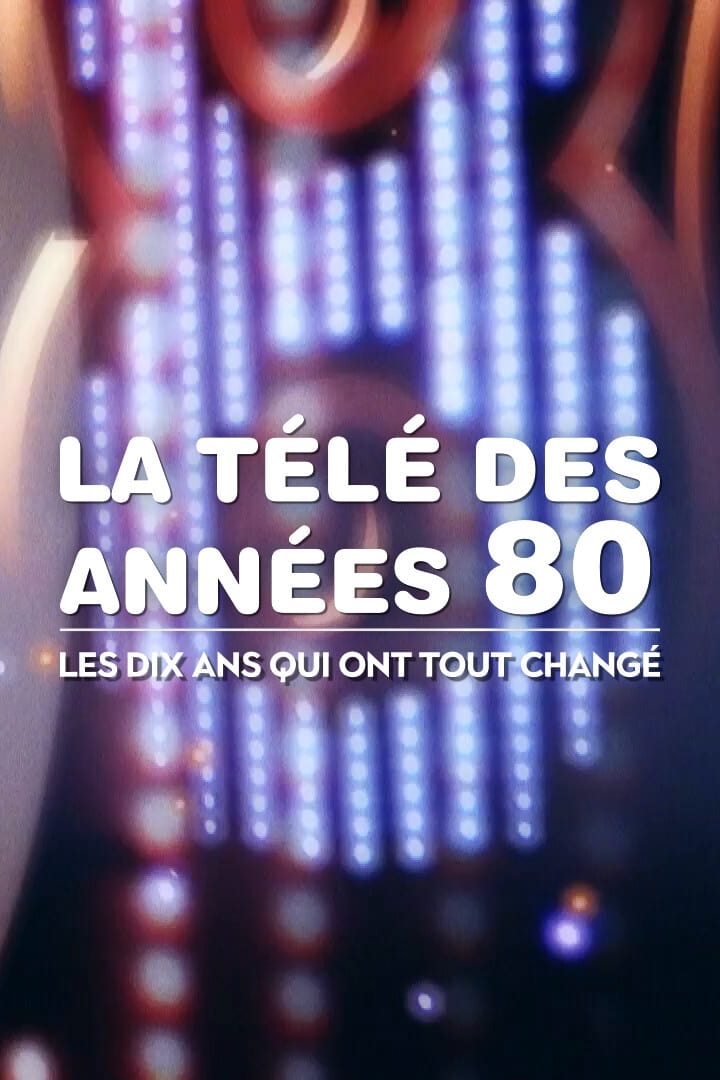
La Télé des années 80 : Les Dix Ans qui ont tout changé
Character: Self
...
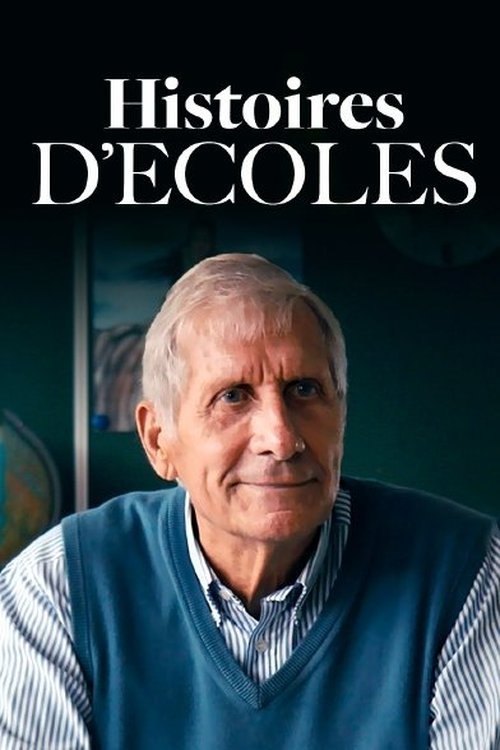
Schulgeschichten
Character: Self
...
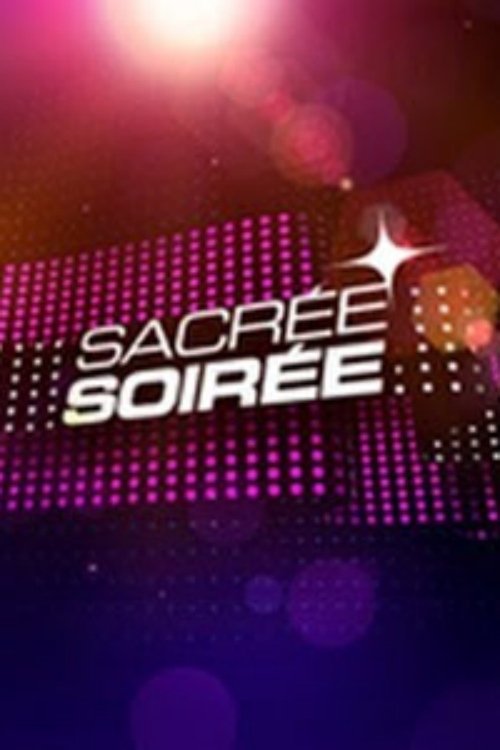
Sacrée Soirée
Character: Self
...
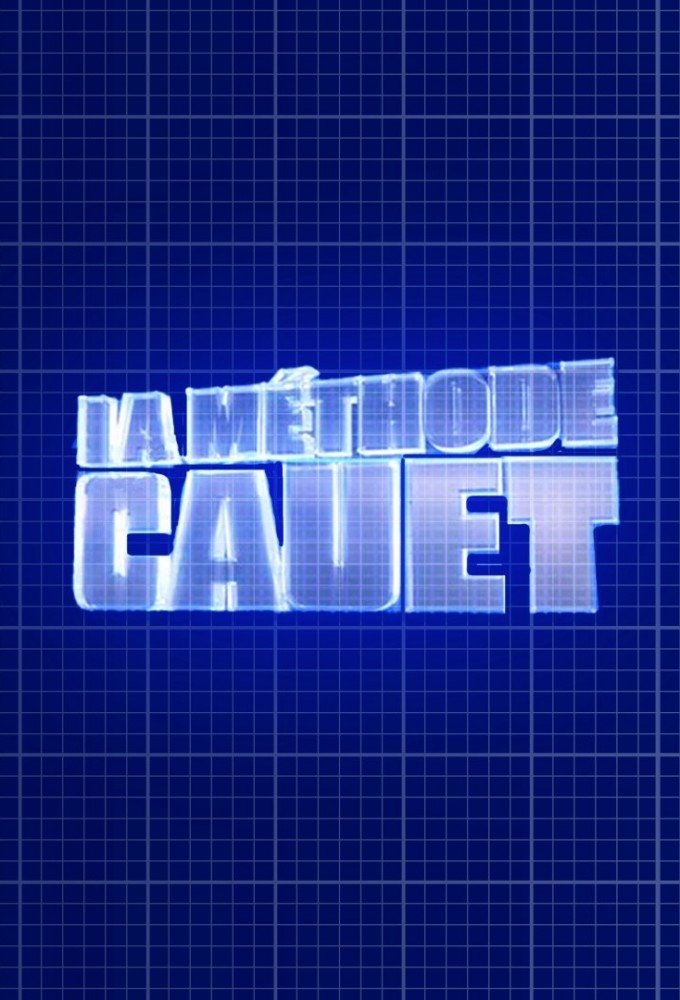
La Méthode Cauet
Character: Self - Guest
...
Movie Credits
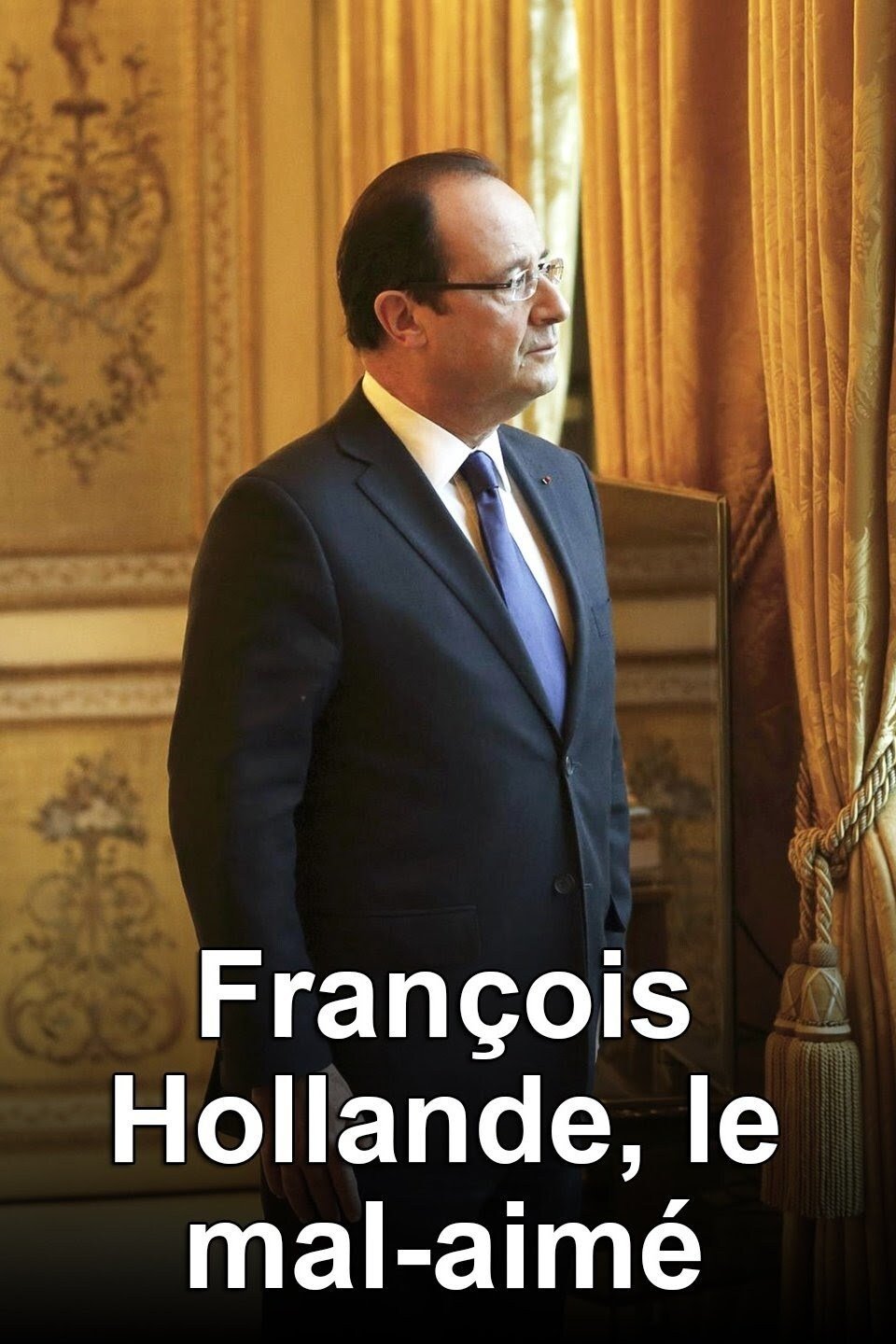
François Hollande, le mal-aimé
Character: Self
...
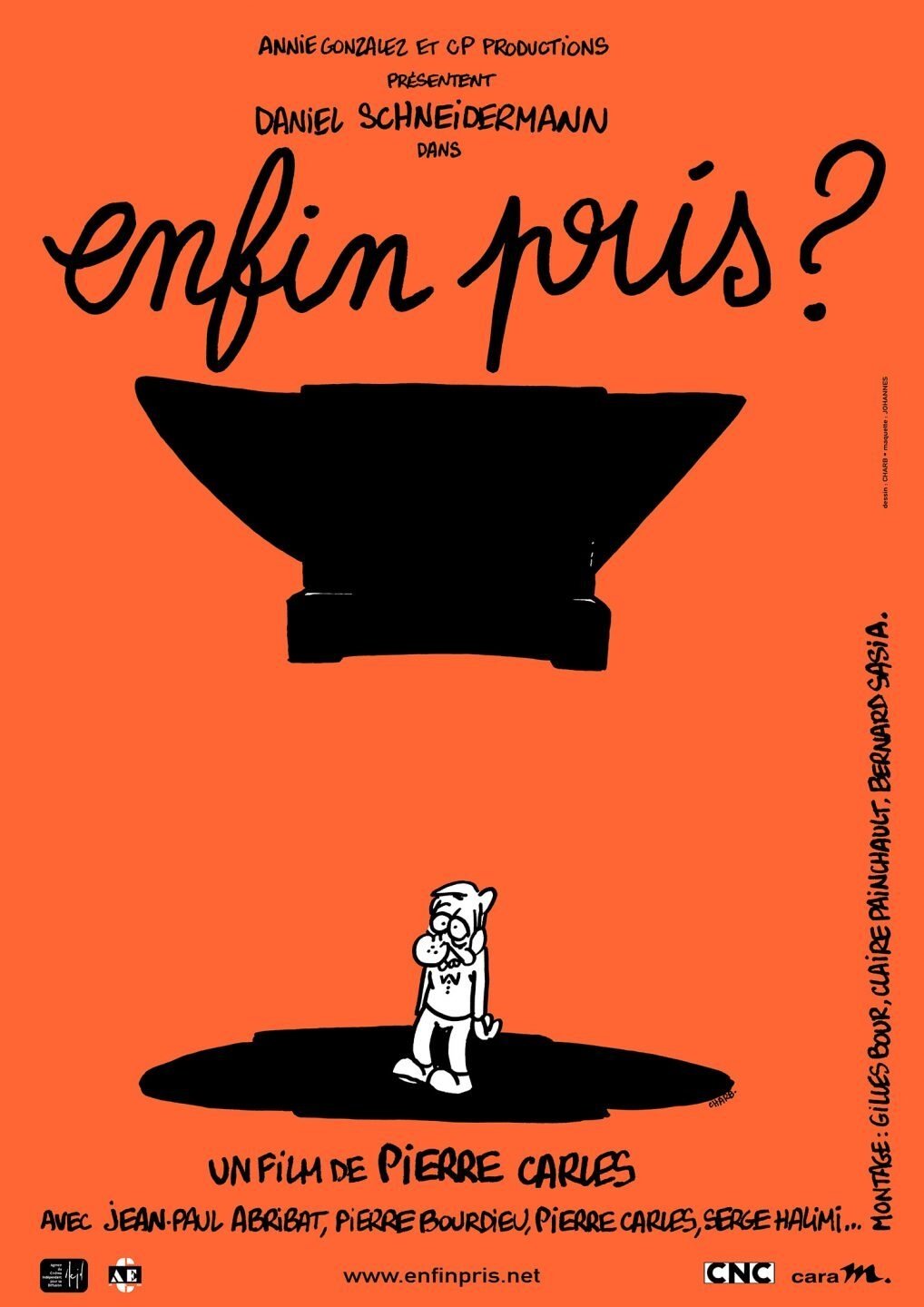
Enfin pris ?
Character: Self (archive footage)
Pierre Carles, the dispenser of justice seen in “Pas vu, pas pris,” is back in the saddle. After attacking French television star reporters, his new target is television critics as represented by Daniel Schneidermann, host of the "Arrêt sur images" show. “Enfin pris ?” analyzes censure at work in television. It is also a thought-provoking look at how power changes people and the intimate forces between ambition and loyalty. A cruel, biting comedy from which no one really comes out unscathed....
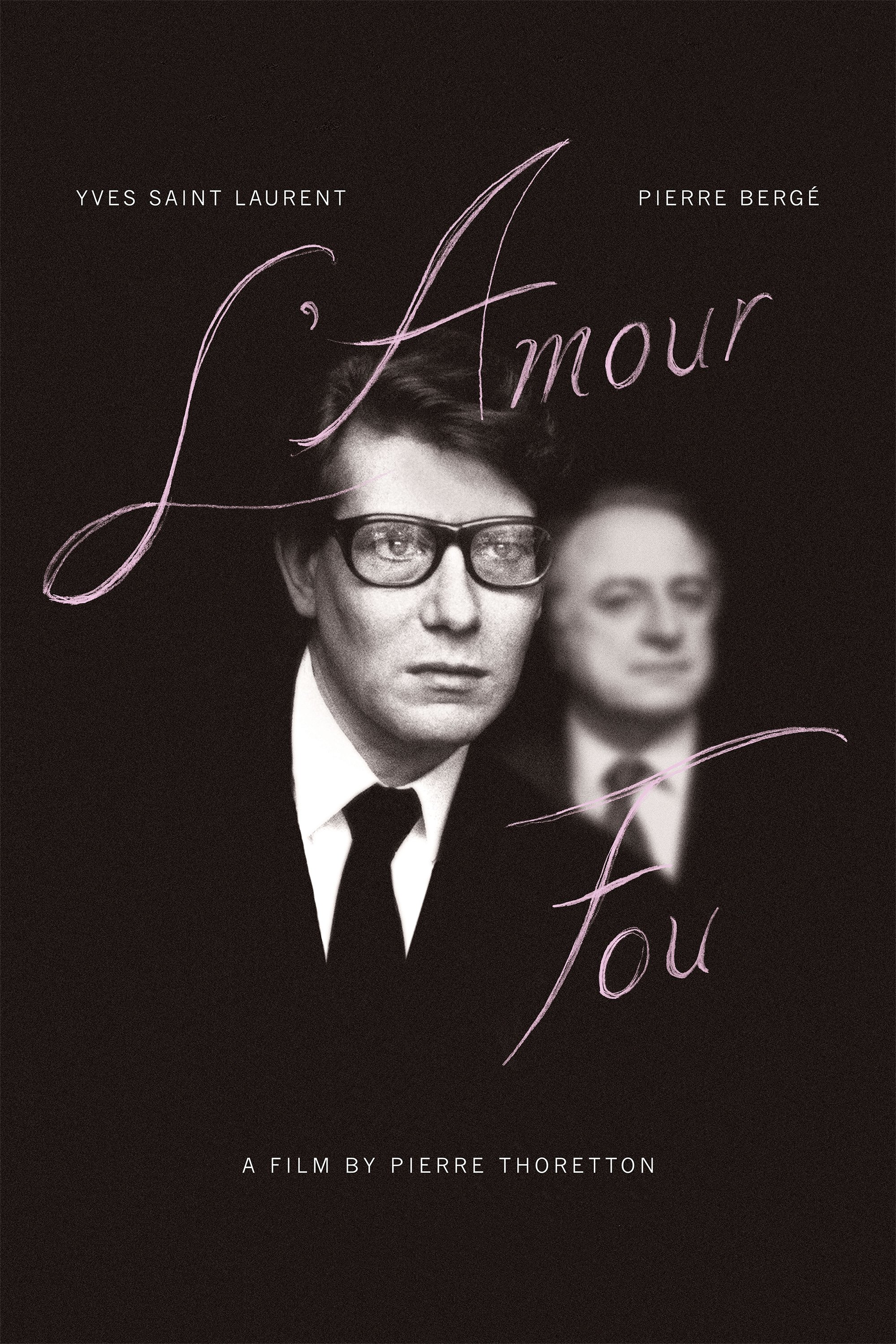
L'Amour Fou
Character: Self / Interviewee
This documentary examines the life and work of the late fashion designer Yves Saint-Laurent, recounting how a frail prodigy prone to bouts of depression became an icon of the fashion world. Initially appointed head of the House of Dior in 1957 before growing into a globally recognized designer in his own right, Saint-Laurent overcomes his struggles with substance abuse, accumulating a large art collection alongside his lifelong personal and professional partner, Pierre Bergé....
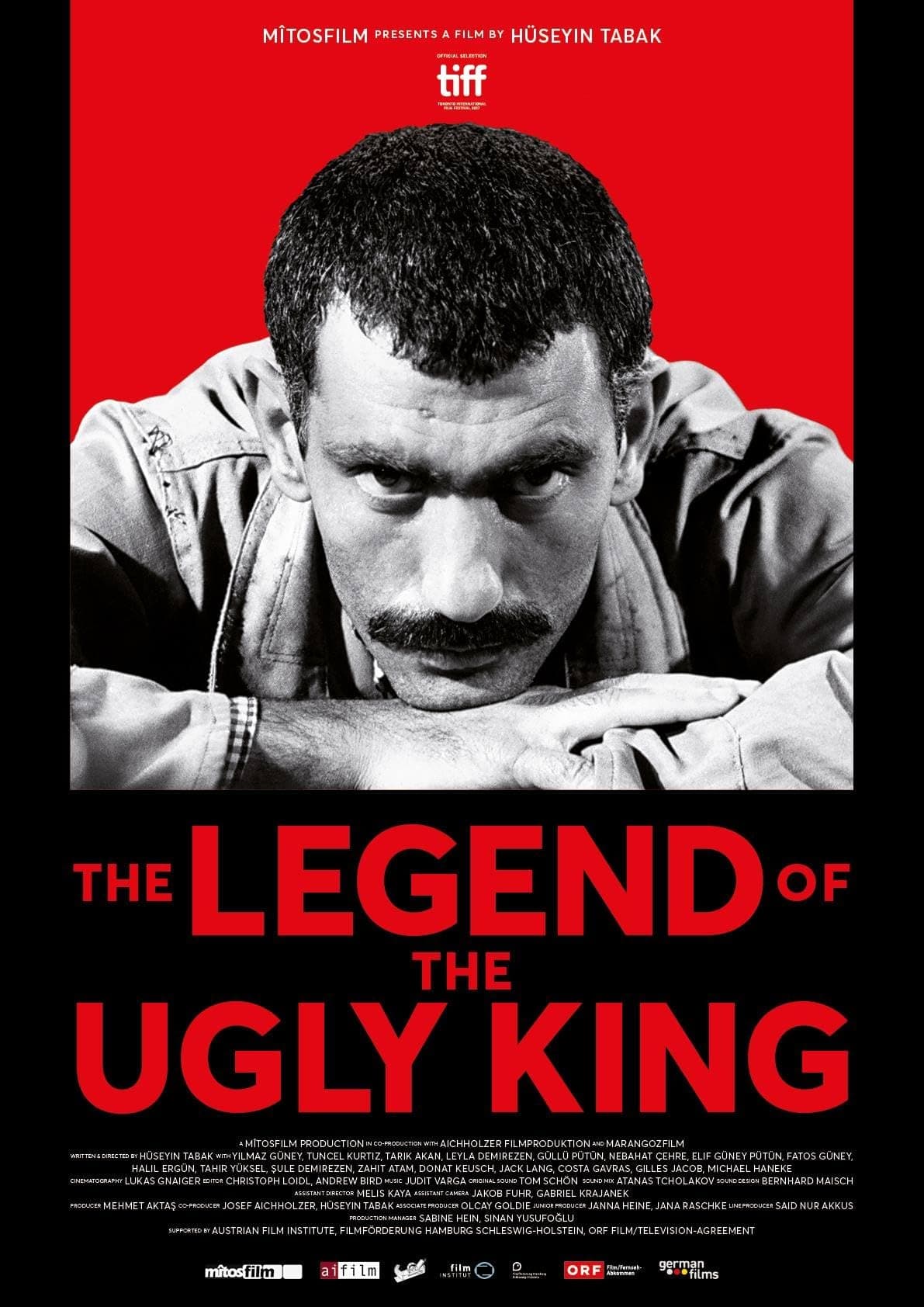
The Legend of the Ugly King
Character: Self
Director Hüseyin Tabak explores the legacy of Yilmaz Güney — political dissident, convicted murderer, and visionary Kurdish filmmaker — who directed the 1982 Palme d'Or–winning Yol from inside prison and died in exile just two years later....
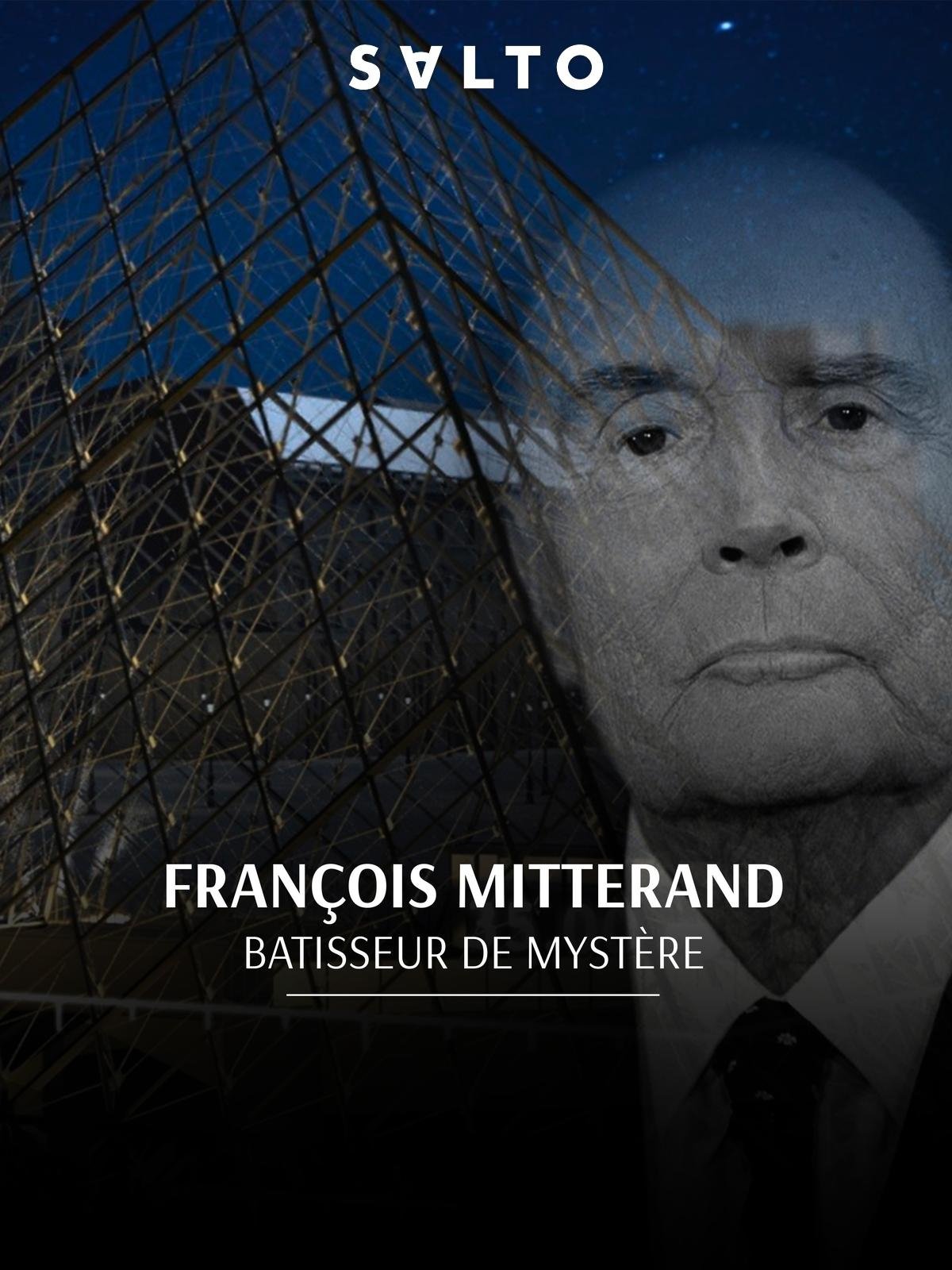
François Mitterrand : Bâtisseur de mystères
Character: Self
...
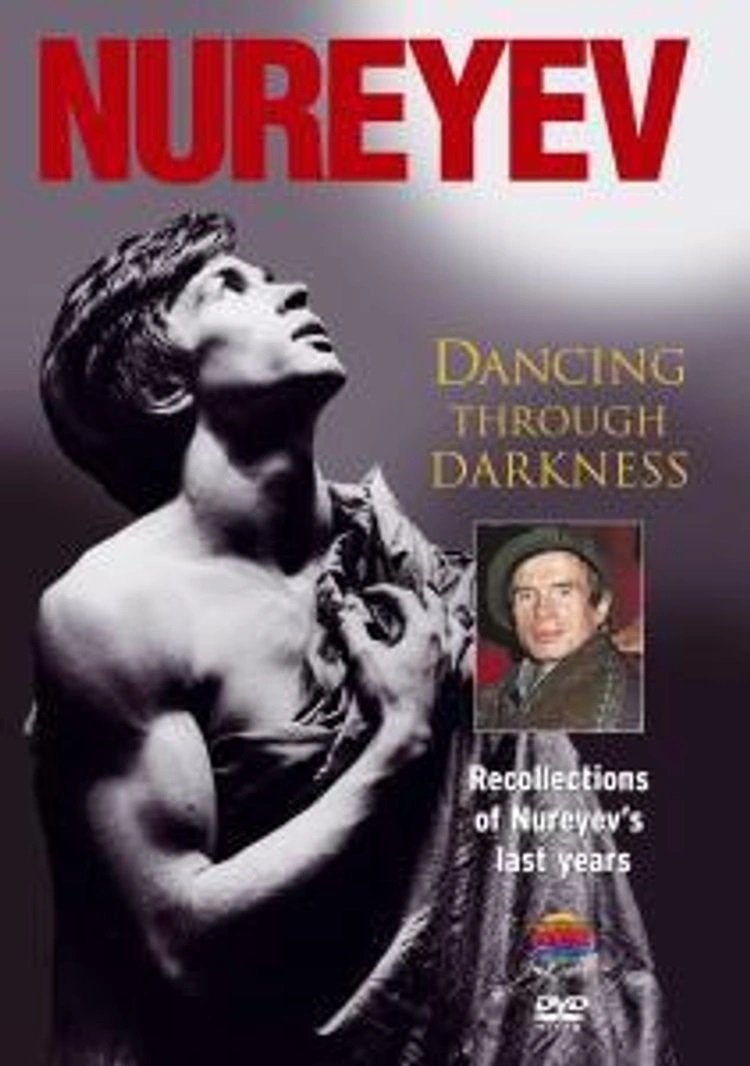
Nureyev: Dancing Through Darkness
Character: Self
Despite his HIV-positive diagnosis in the early 1980s, Russian-born ballet dancer Rudolf Nureyev continued to dance and work as the director of the Paris Opera, as chronicled in this documentary that focuses on Nureyev's final years. Through interviews with colleagues and friends and archival footage of his performances, the film touches on the dancer's early years, his success and his later years as he struggled to continue dancing....
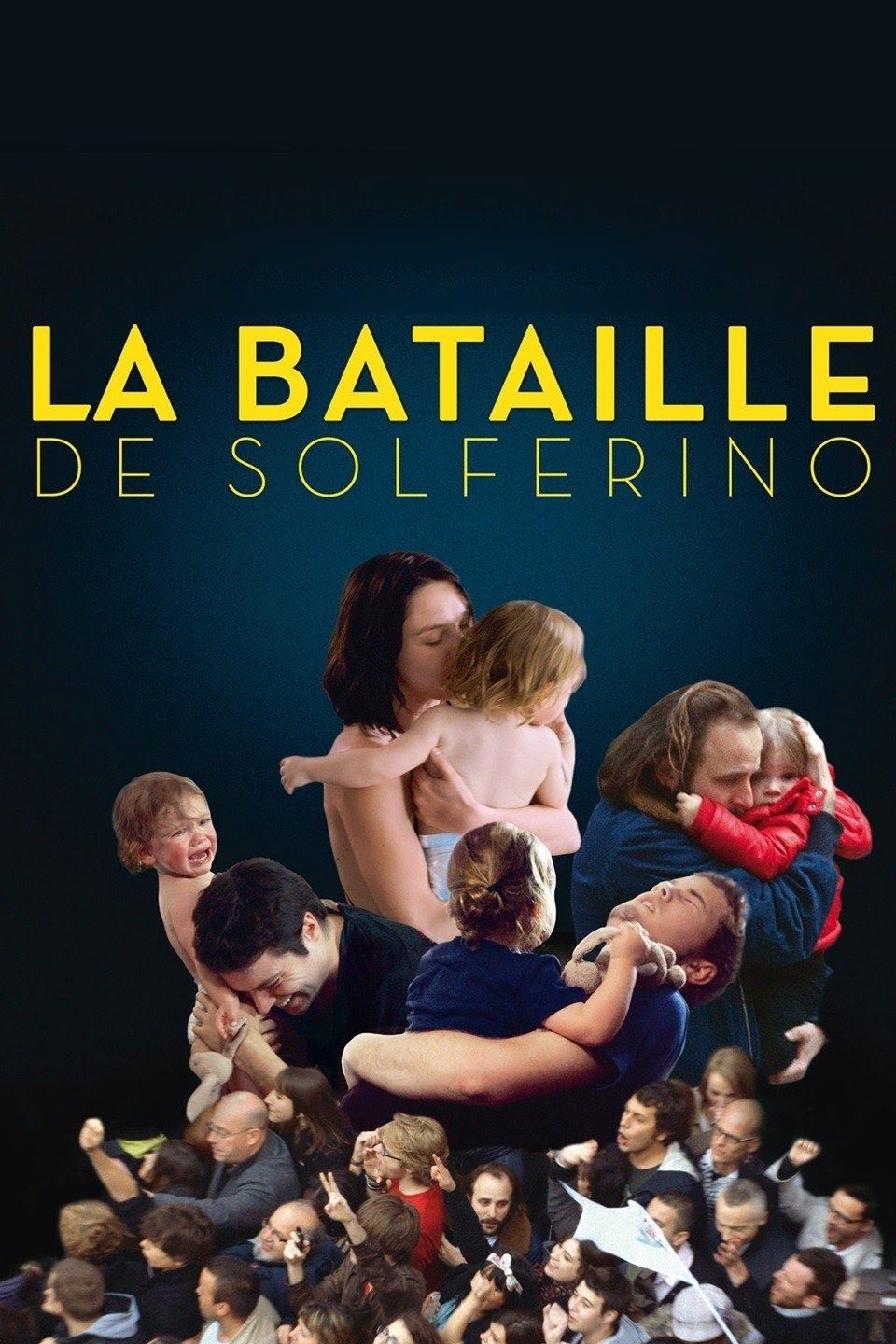
Age of Panic
Character: Self (uncredited)
May 6, 2012. Cable news reporter Laetitia is covering the French presidential elections, while Vincent, her ex-husband, demands to see their two young daughters. It's a manic Sunday in Paris: two agitated girls, a frazzled babysitter, a needy new boyfriend, a grumpy lawyer and France cut in half!...
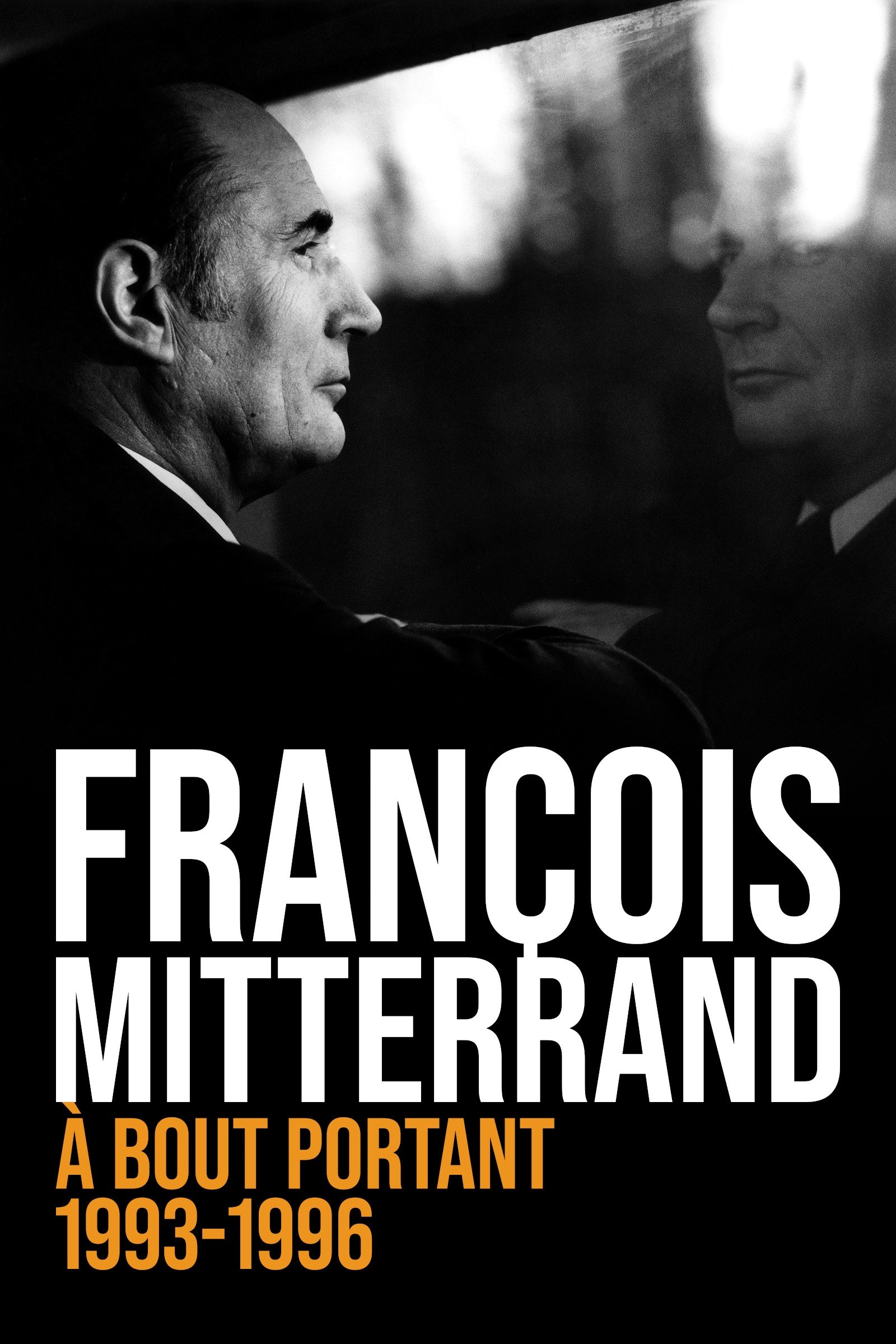
François Mitterrand, à bout portant : 1993-1996
Character: Self
"What could be more unsettling than a man close to death whose profound arrogance drives him relentlessly to hang onto both his power and his writing, to the bitter end?" In the twilight of his second seven-year term, François Mitterrand was alone. Ravaged by illness and abandoned by a large majority of the Socialist Party, who would not forgive him for the disastrous outcome of the March 1993 elections, the Head of State was preparing to tackle a second round of cohabitation with the right win...
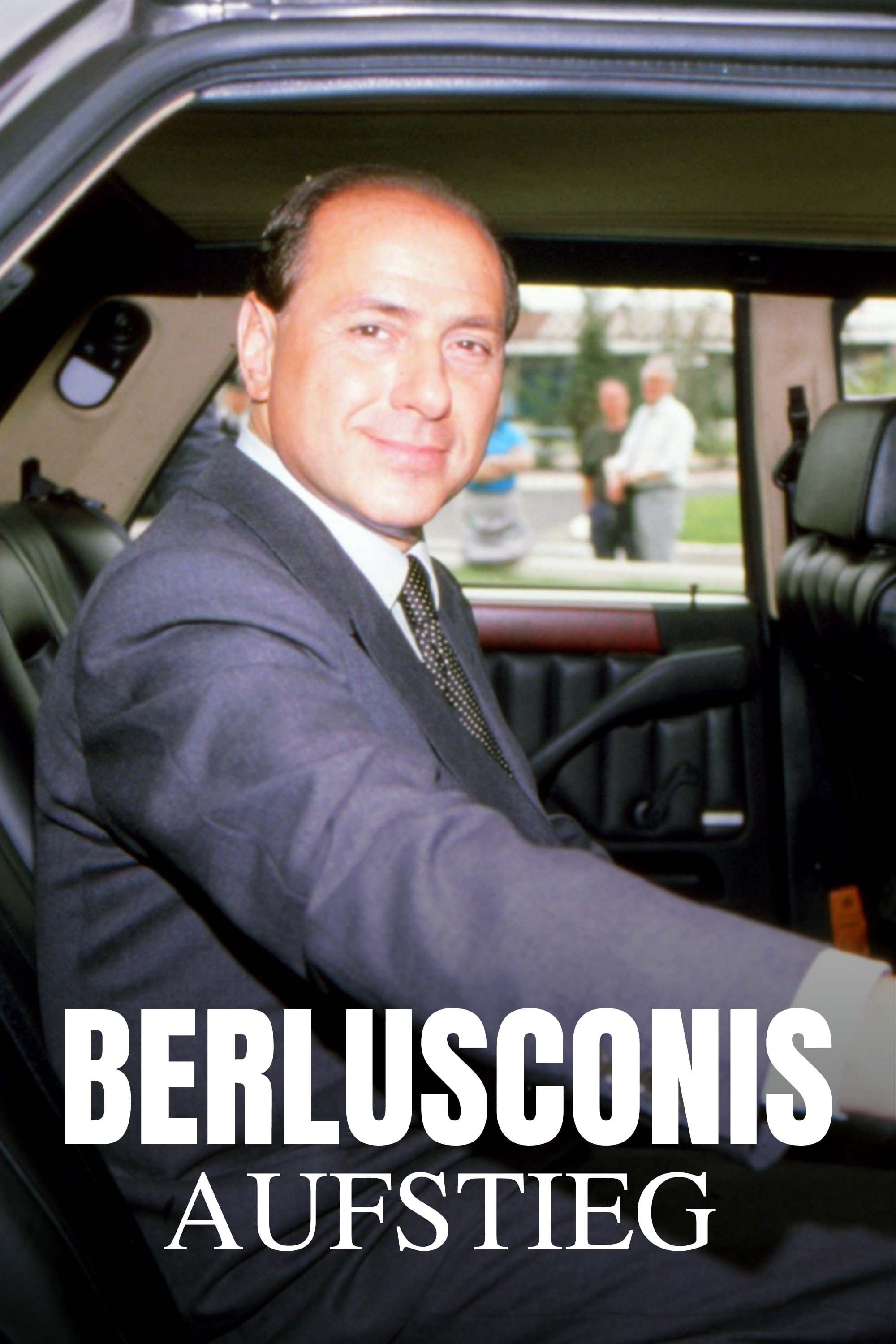
Berlusconis Aufstieg
Character: Self
From his beginnings in real estate to his rise to power, this is the story of Silvio Berlusconi's two decades of ascension, during which he radically transformed Italy's media landscape—and soon its political landscape as well. A fascinating portrait of an opportunistic entrepreneur with extraordinary charisma....
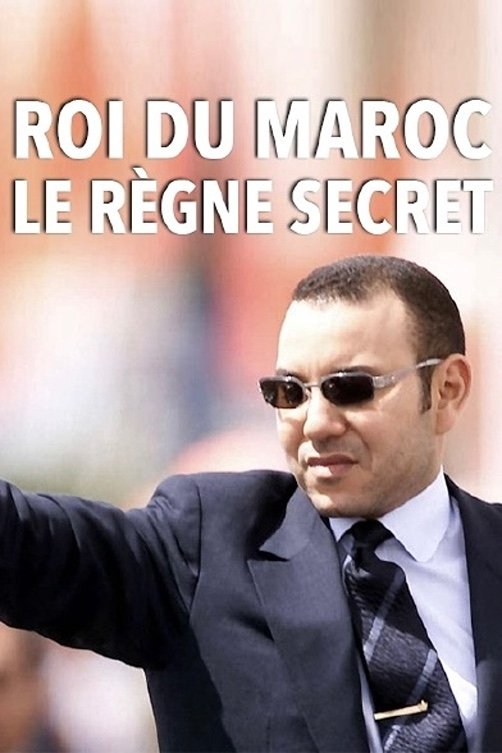
King of Morocco, the secret reign
Character: Self - President of the Arab World Institute
In the form of an investigation, this documentary, filmed in Morocco and France, goes to the other side of the mirror of the beautiful photos of the kingdom, to reveal the gray areas of King Mohammed VI....
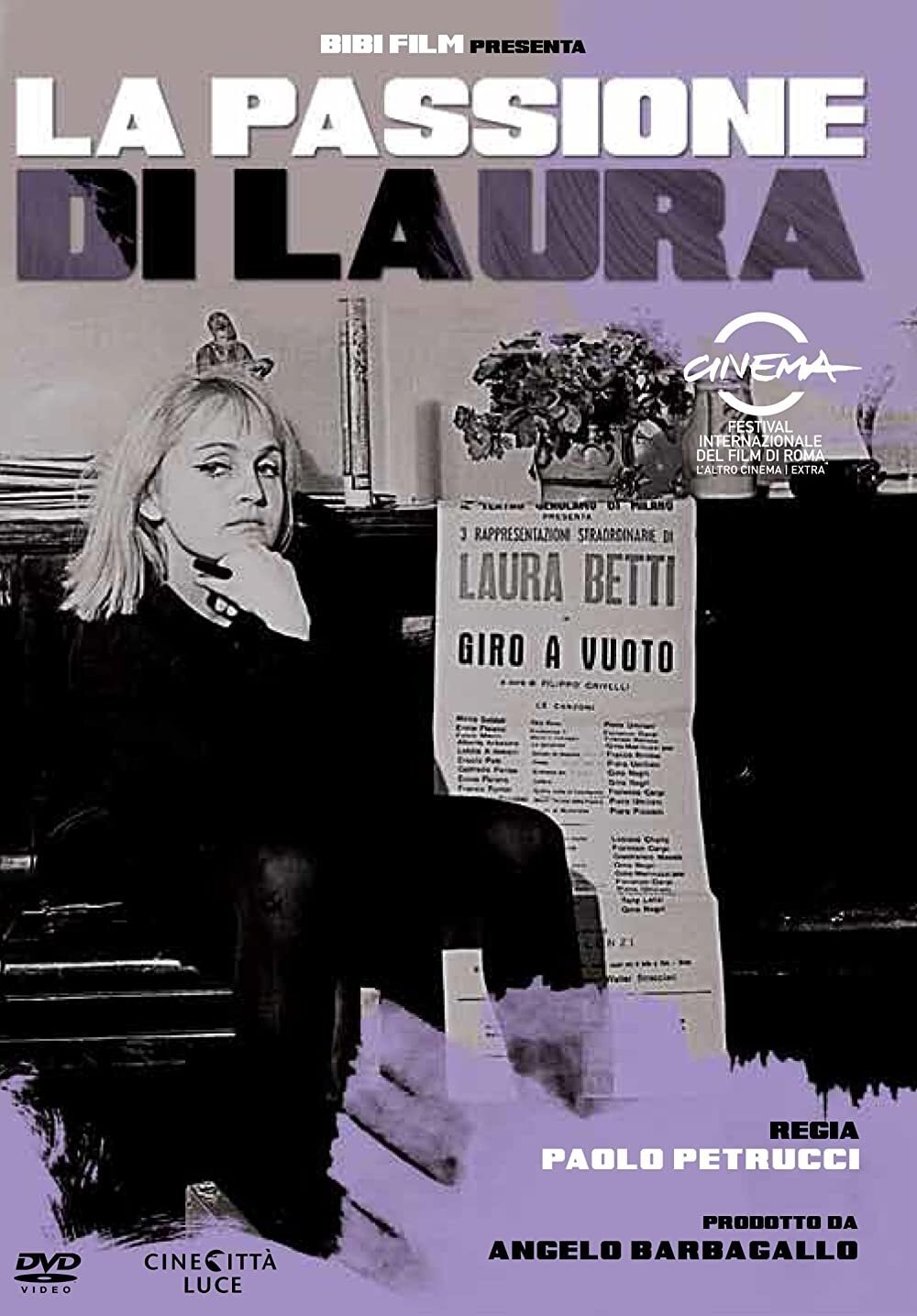
Laura's Passion
Character: Self
A portrait of Laura Betti with archival footage and stories of friends: Bernardo Bertolucci remembers Laura in "Novecento" and in a lost sequence of "Last Tango in Paris", Giacomo Marramao and Walter Siti dwell on the relationship with Pier Paolo Pasolini, Francesca Archibugi remembers a precious friend, Michelle Kokosowski and Jack Lang talk about the successful and mutual love for France, Piero Tosi and Paolo Poli remember her youth, Jacqueline Risset her private life, Valentino Parlato her ci...
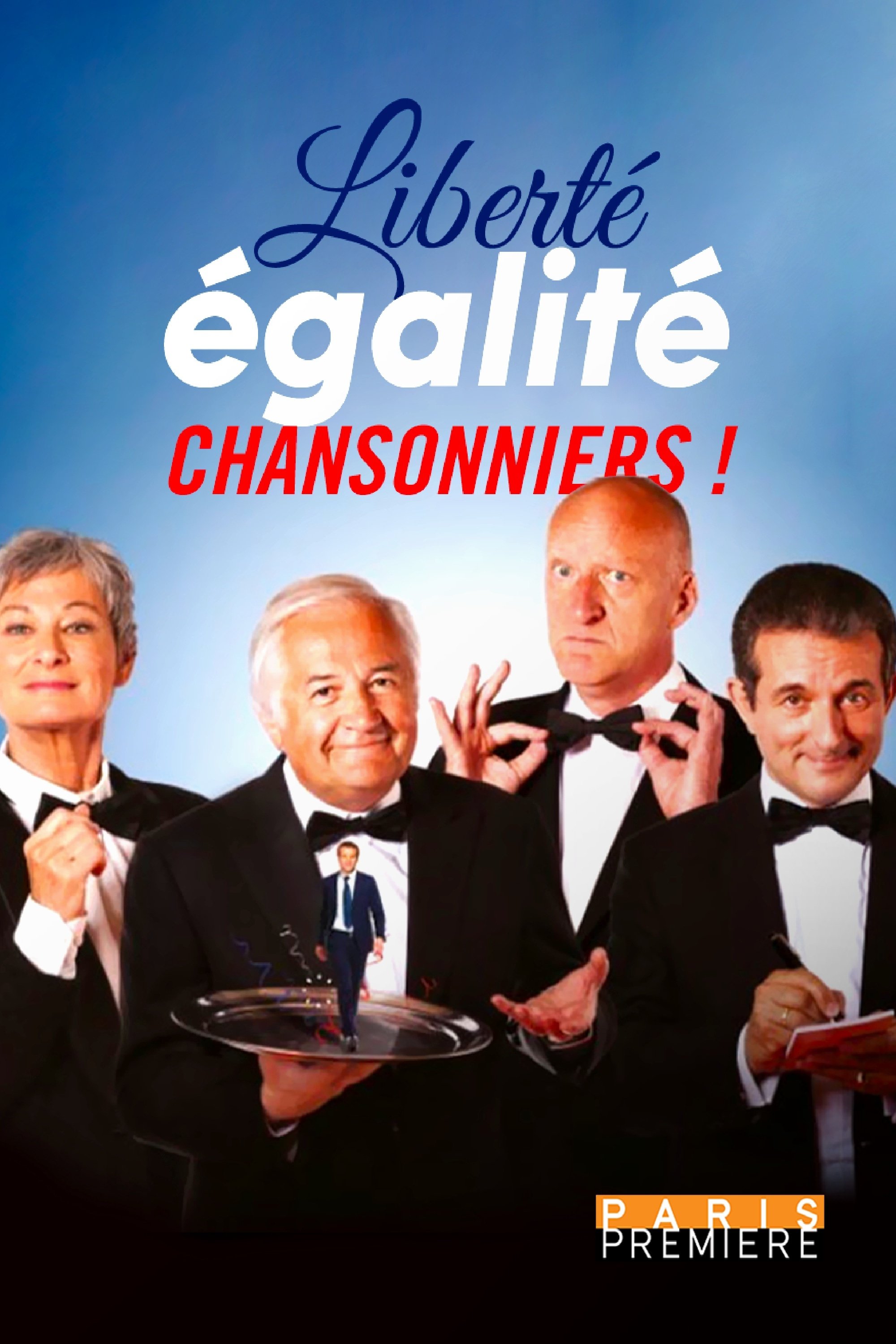
Liberté, égalité, chansonniers !
Character: Self
Documentary on chansonniers, French singers writing comedy songs about politics....
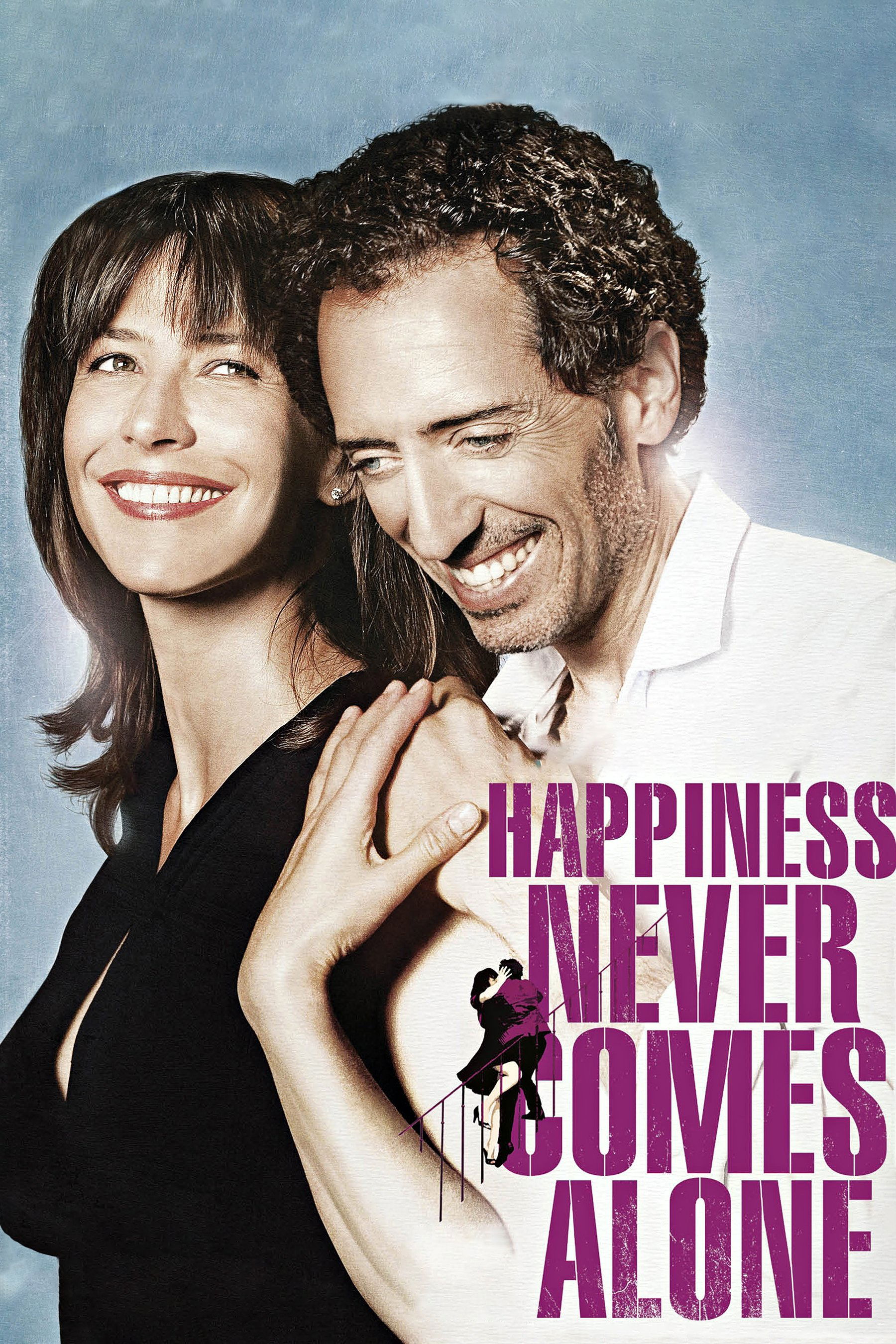
Happiness Never Comes Alone
Character: Minister of Culture
Sacha is a real seducer, a man with no ties or emotional or professional. Charlotte is a modern and independent woman, but barely has time to care for their three children. While Sacha and Charlotte are, at first glance, two incompatible beings, when they meet soon discover that they are quite complementary and need each other....
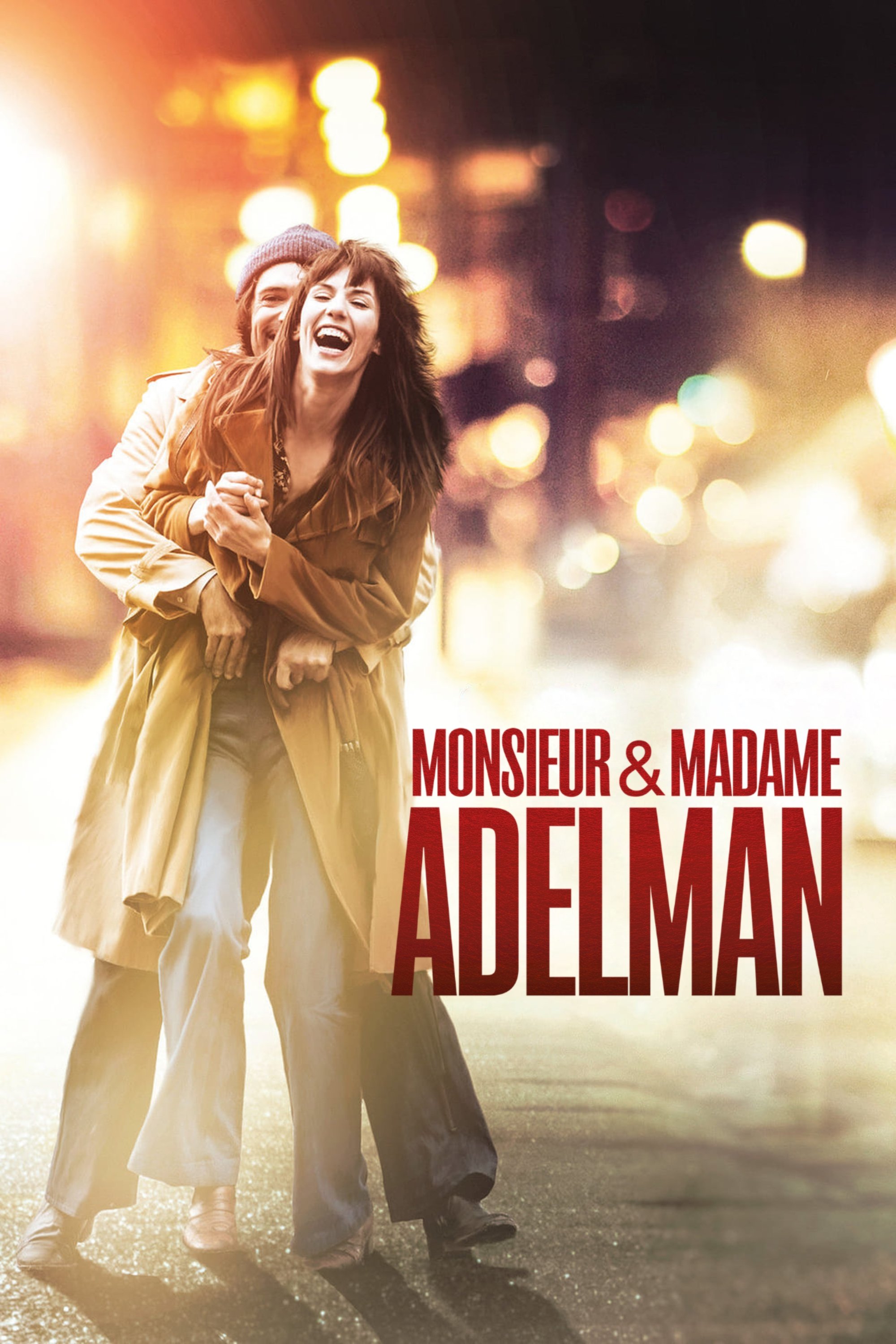
Mr & Mme Adelman
Character: Self
How did Sarah and Victor get along for more than 45 years? Who was this enigmatic woman living in the shadow of her husband? Love, ambition, betrayals and secrets feed the story of this extraordinary couple, as they experience both the large and small moments of the last century's history....
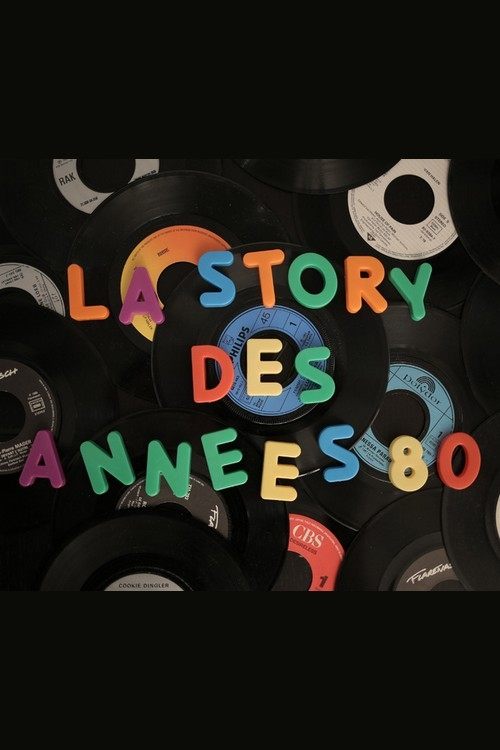
La story des années 80
Character: Self
...
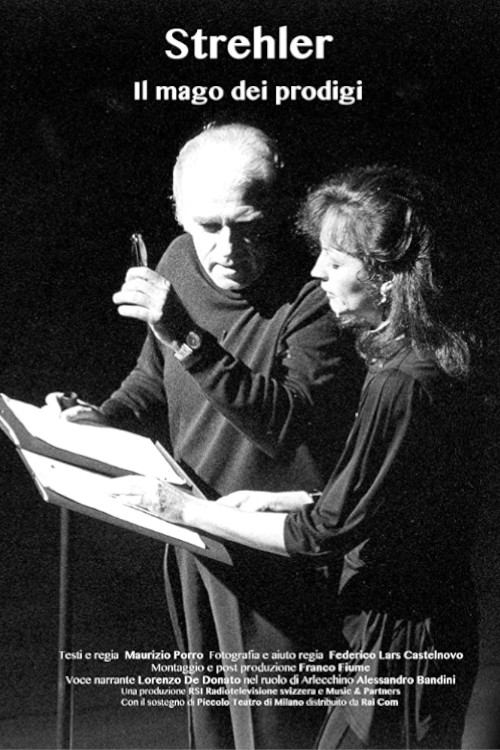
Strehler: Il mago dei prodigi
Character: Self
An eulogy to Giorgio Strehler, the first real director in the italian theatre. He was a master, knowing all aspects of the show, from the set techniques up to narrative influences. The documentary tells the personal life and the artistic career: it starts from that Christmas day in 1997, when the news broadcasts opened with the news of Strehler's death, to summarize the story of the Piccolo Teatro, the first municipal theatre in Italy....
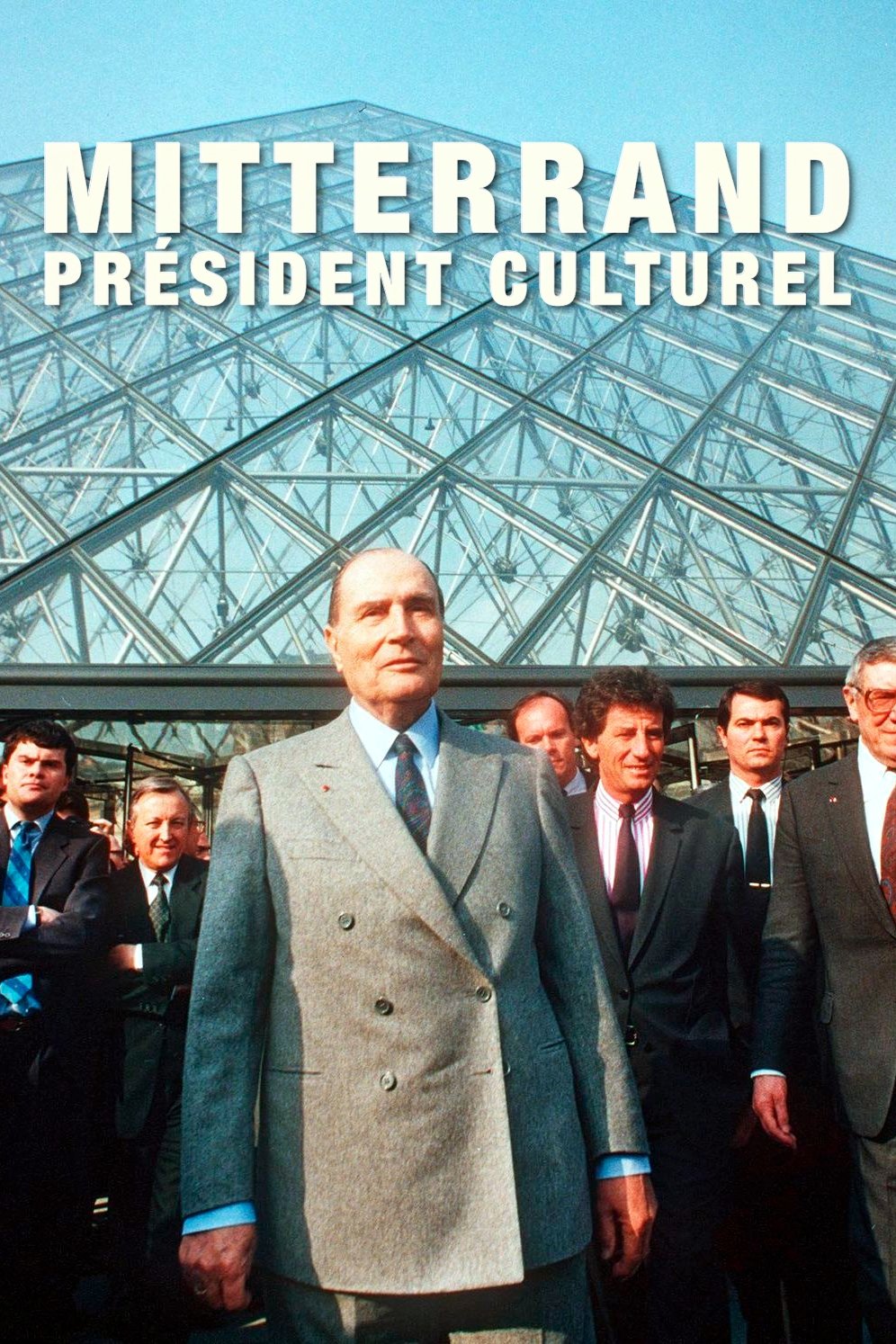
Mitterrand, président culturel
Character: Self
On the occasion of the fourty years anniversary of François Mitterand's election, a look back to the relationship between the President and artists, from admiration to manipulation....
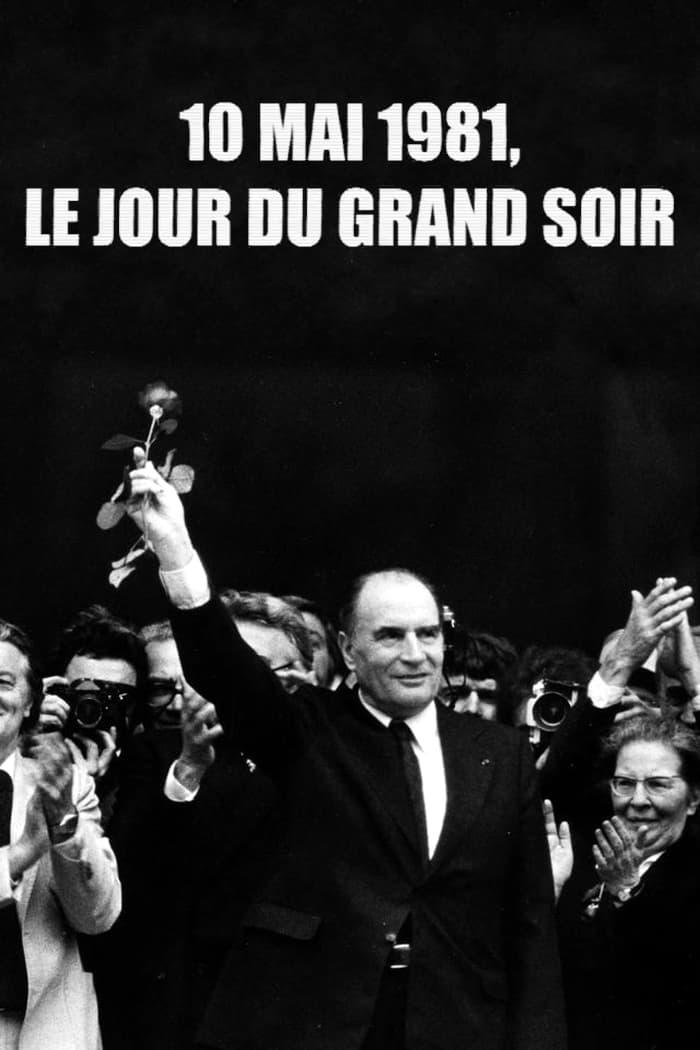
10 mai 1981, le jour du grand soir
Character: Self
...
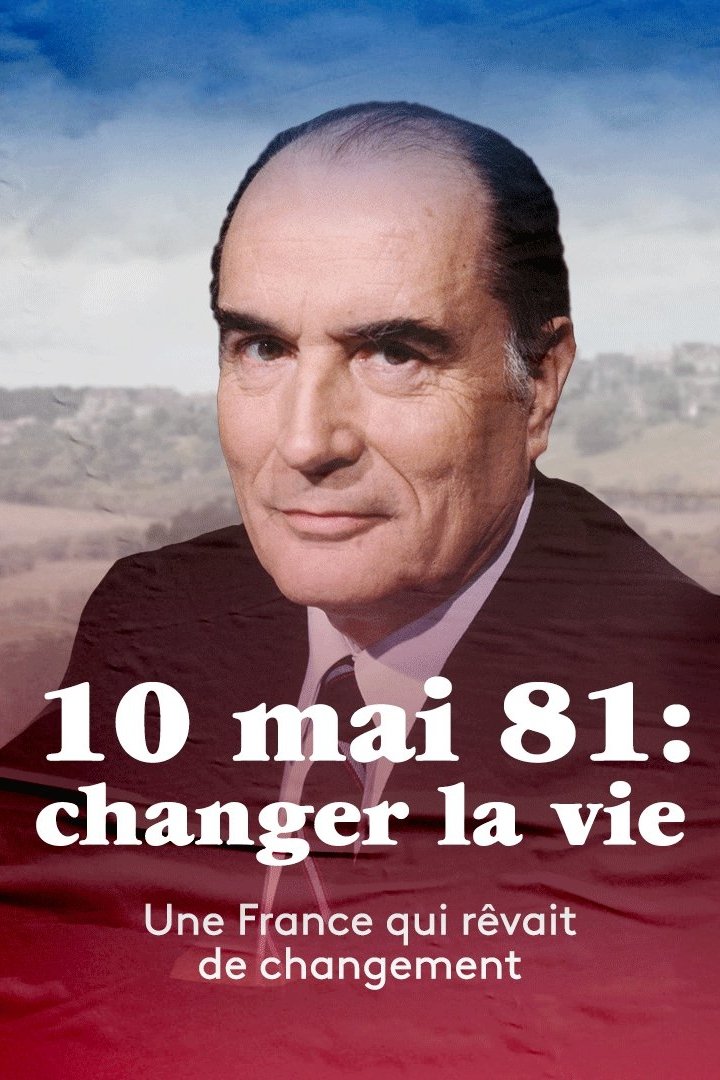
10 mai 1981 : Changer la vie ?
Character: Self
Fourty years ago, in May 1981, with François Mitterrand's election, some people were letting themselves dream about a better life while others were predicting the coming of soviet tanks upon the Champs-Élysées. If we gladly remember the turning point of austerity in 83, there were also the wage rises, the fifth week of paid leave, the abolition of death penalty, the decriminalisation of homosexuality, or the advent of independent radio stations. Rare archives and accounts by those who were at th...
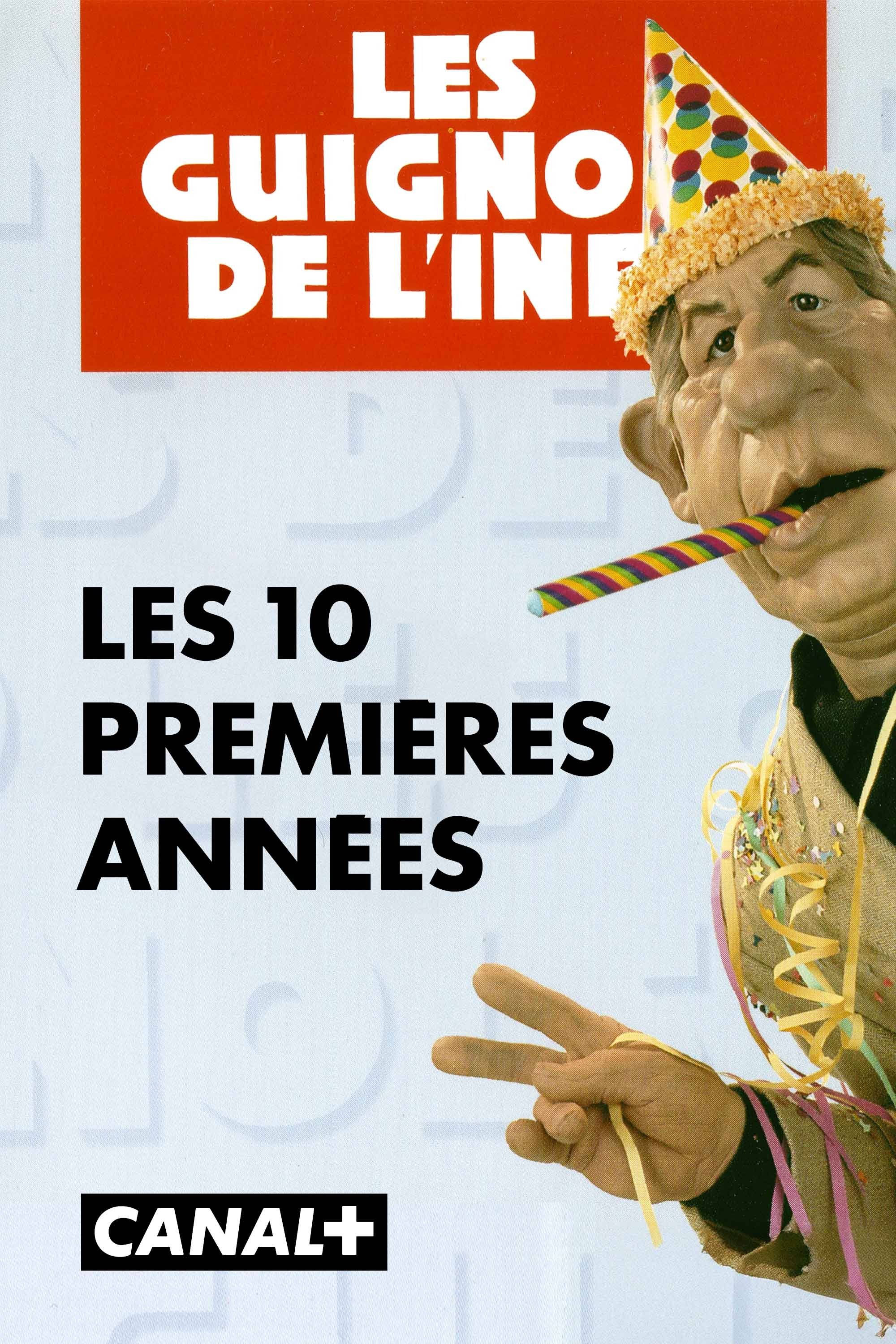
Les Guignols, les 10 premières années
Character: Self
A four-hour journey through the first ten years of Les Guignols. Cult sequences, historic sketches, reference expressions... offer sixty or so “Guignolized” personalities the opportunity to analyze the phenomenon or react to their puppets. Their impressions, shared with Gilles Verlant, punctuate the Night. All those who have made Les Guignols what they are today - Alain De Greef, the historical authors, puppet creator Alain Duverne, etc. - take the opportunity to reveal a few of their secrets....
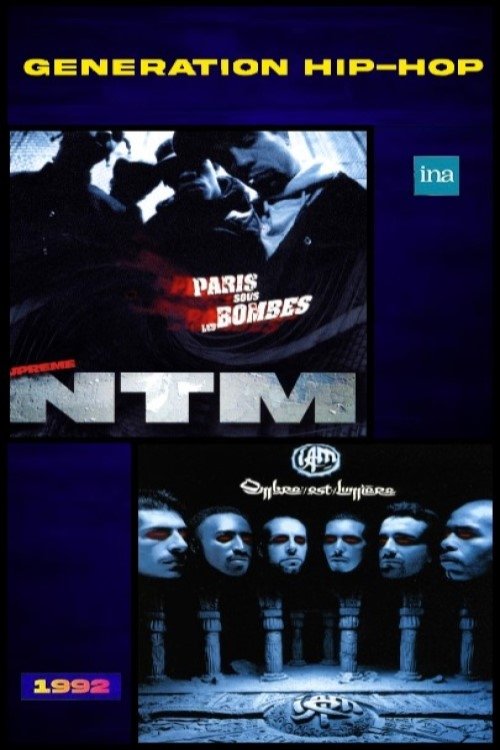
1992 : pourquoi les jeunes aiment le rap ?
Character: Jack Lang
A 1992 documentary by Paul Moreira exploring the rise of hip-hop culture in France. Following key figures like IAM, NTM, and graffiti artists, it examines rap’s social impact, its connection to youth, and the cultural movement it represents....
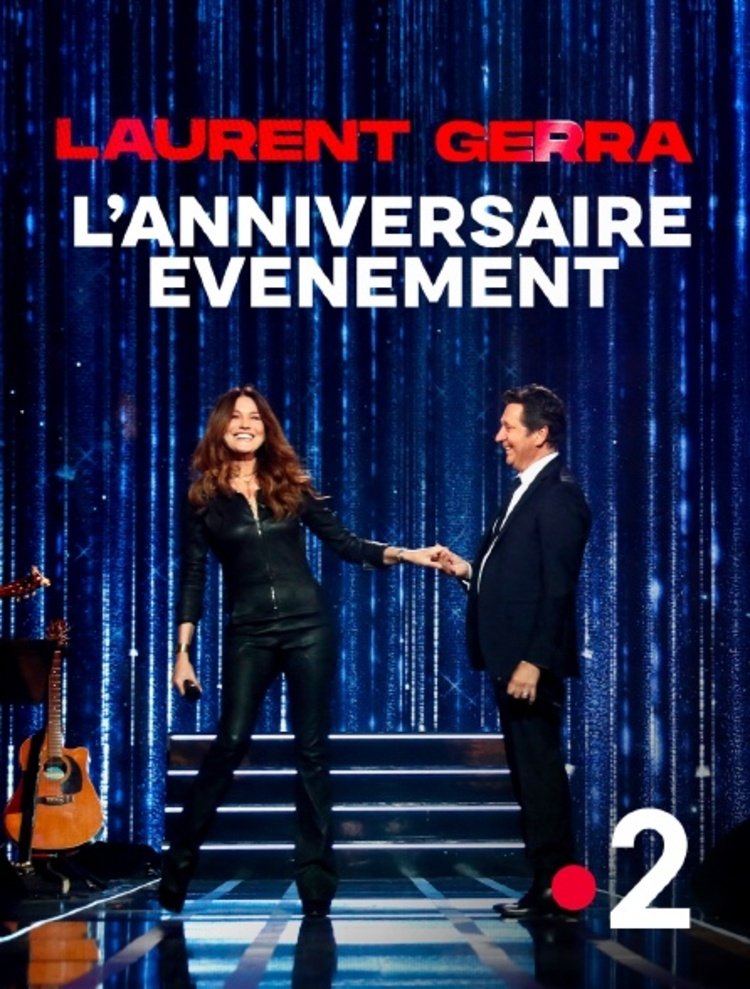
Laurent Gerra, l'anniversaire-événement
Character: Self
During an evening filled with laughter and emotion, Laurent Gerra celebrated his 35-year career at the Théâtre Marigny, alongside Stéphane Bern and numerous guests....

Renaud, au nom du père
Character: Self
...
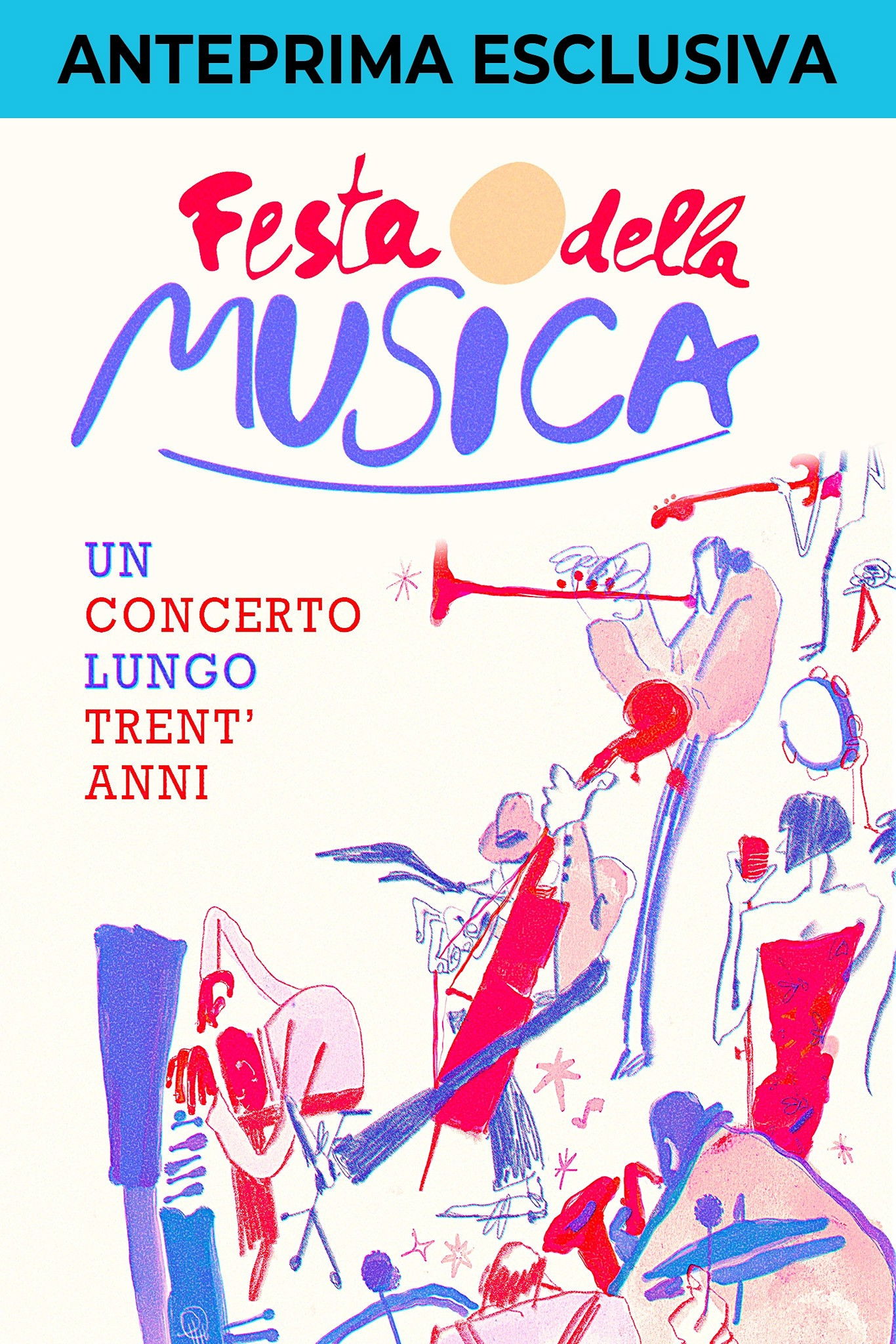
Festa della musica, un concerto lungo trent'anni
Character:
The Music Festival is not just an event, but a true force for social cohesion and cultural identity that transforms the streets and squares of Europe into a widespread stage every June 21. Thirty years of music, culture, and European identity as recounted by Jack Lang, Ezio Bosso, Enrico Rava, Tosca, Malika Ayane, and Paolo Fresu....

Les Victoires de la musique, 40 ans d'émotion en chansons
Character: Self
Documentary on the annual French award ceremony where the Victoire accolade is delivered by the French Ministry of Culture to recognize outstanding achievement in the music industry....